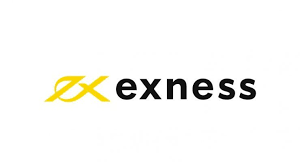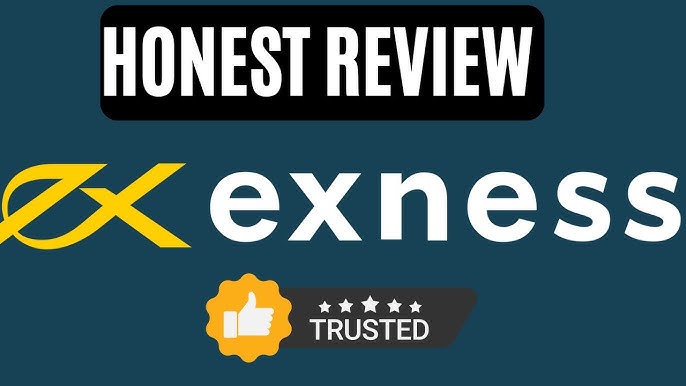
In the fast-paced world of Forex trading, understanding your costs is vital for success. This is where the competitive Exness fees come into play. As a trader, you need to know how these fees are structured and what they entail for your trading experience. Whether you’re a beginner or an experienced trader, grasping the financial implications of the fees can make a significant difference in your overall profitability. For an in-depth look into the services offered, consider checking out Competitive Exness Fees courtier Forex Exness.
What Are Exness Fees?
Exness is a popular brokerage that offers a wide range of trading instruments across various markets. However, like any other broker, it charges fees that can impact a trader’s bottom line. These fees are not always straightforward and can vary based on several factors such as account type, trading platform, and even the type of assets being traded. The primary types of fees you may encounter include spreads, commissions, overnight financing fees, and withdrawal fees.
1. Trading Spreads
The spread is the difference between the buying and selling price of a currency pair and is one of the most common fees associated with Forex trading. Exness offers competitive spreads that can significantly influence your decision on which broker to choose. For example, during high liquidity hours, spread costs might be considerably lower due to reduced volatility in the market. It’s crucial to understand that spreads can vary, and they can be affected by various market factors.
2. Commission Fees
In addition to spreads, some account types at Exness charge commission fees. Commission-based accounts, like the Raw Spread account, may initially appear more expensive due to the fixed fees per transaction; however, they often attract traders who engage in high-frequency trading. Understanding if a commission-based model better suits your trading style compared to spread-only accounts can save you money in long-term trading.

3. Overnight Financing Fees
Overnight financing fees, or swaps, come into play if you keep a position open overnight. These fees can either be positive or negative, depending on the interest rate differentials between the currencies being traded. Traders need to be aware of these costs as they can accumulate over time, especially for swing and position traders. Exness offers a tool to check the swap rates before entering a trade, which can aid in making informed decisions.
4. Withdrawal Fees
While Exness does offer several methods for withdrawing funds, a critical aspect to consider is the potential withdrawal fees. Depending on your chosen method, you may encounter varying fees. For instance, withdrawal via bank transfer may incur fees that differ from those associated with e-wallets. It’s worth noting that Exness typically offers a competitive range of withdrawal methods, minimizing the overall cost for clients.
5. Deposit Fees
When trading with Exness, you’ll find that most deposit methods are free; however, some methods may entail fees imposed by third parties. Therefore, it’s essential to research the best funding options to ensure you are not surprised by additional costs. Common deposit methods include credit cards, e-wallets, and even local bank transfers.
Understanding and Managing Trading Costs
To maximize your trading experience with Exness, understanding and managing these fees is crucial. Trade volume and frequency will heavily influence how fees affect profitability. With competitive Exness fees, conducting thorough research and employing effective trading strategies can mitigate some of the financial impacts.
Strategies to Minimize Costs
Here are some strategies to minimize trading costs at Exness:
- Choose the Right Account Type: Select an account that aligns with your trading style. For instance, if you are a scalper or a day trader, the Raw Spread account could be advantageous despite higher commission fees because of lower spreads.
- Monitor Trading Hours: Engage in trade during key market hours when spreads tend to be tighter, notably during London and New York overlaps.
- Utilize Bonuses: Take advantage of trading bonuses or promotional offers. These can sometimes offset trading costs incurred due to fees.
- Stay Informed: Keep an eye on market conditions that might affect spreads and swap rates. Being knowledgeable about market trends can help in timing your trades better.
Comparing Exness with Other Brokers
When assessing whether Exness is the right broker for you, it’s beneficial to compare its fees and services with those of other brokers. Many brokerages provide a similar suite of services but may differ significantly in terms of their fee structures. By analyzing the competitive Exness fees alongside those of other platforms, you can gain clarity on the potential total cost of trading.
Conclusion
Your choice of broker can have a lasting impact on your trading success, and understanding the competitive Exness fees is a fundamental part of that equation. While the fees at Exness are among the more advantageous on the market, it is critical to consider your trading style and strategy to ensure you are optimizing your returns. Be proactive in keeping track of spreads, commissions, and other costs to make the most out of your trading journey.
In summary, navigating through the intricate world of Forex trading fees is essential for every trader. By gaining insights into the competitive Exness fees and how they affect your trading decisions, you will be better positioned to maximize your profits and achieve trading success.
